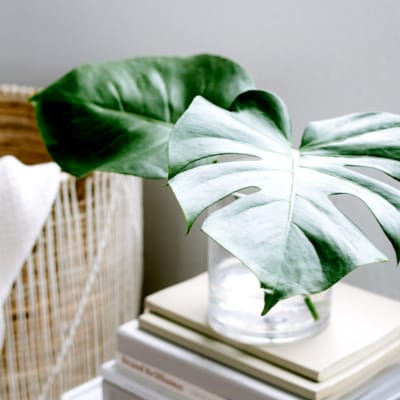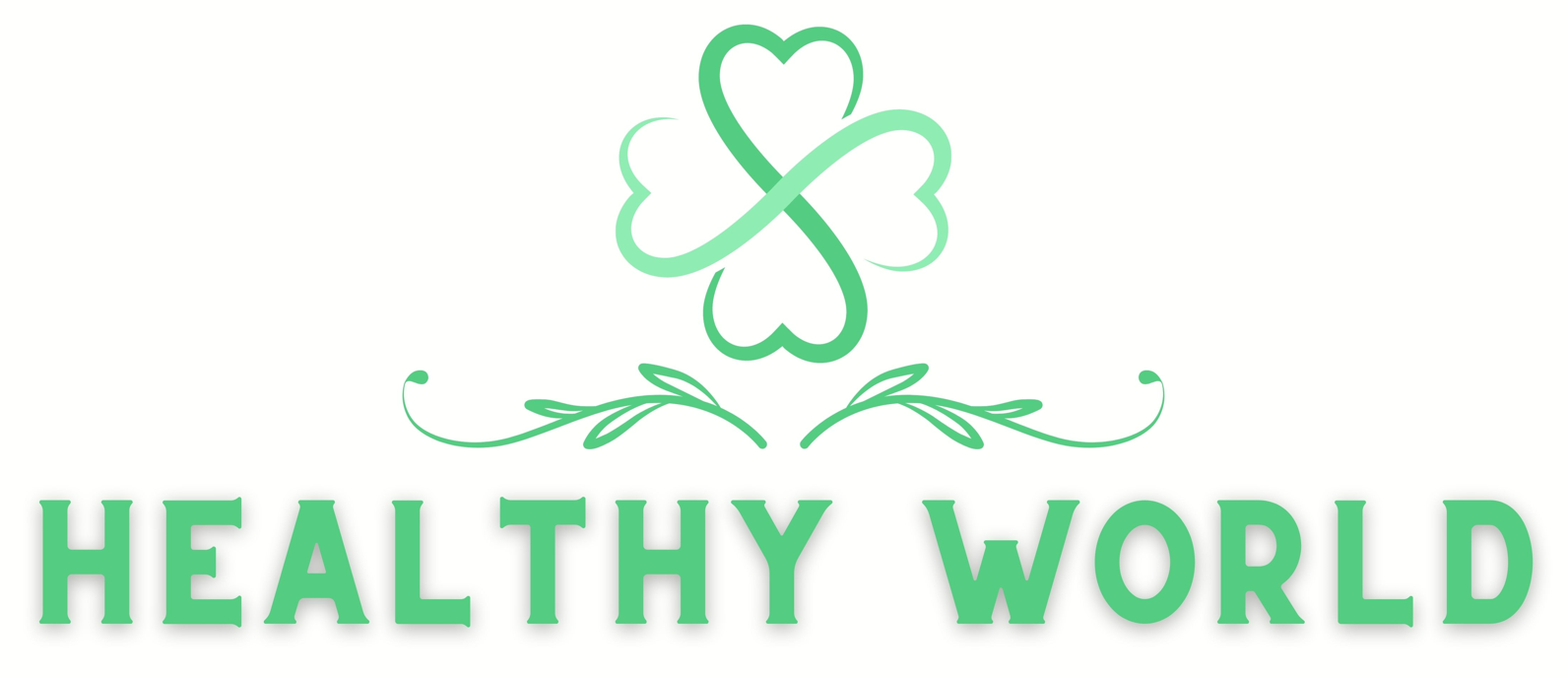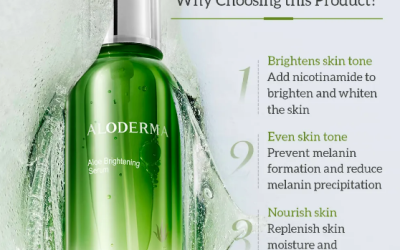Heart Health Through Lifestyle — Lessons from Okinawa
Okinawa, a group of subtropical islands in southern Japan, is home to some of the longest-living people in the world. The region has earned global attention as part of the so-called Blue Zones—places where residents enjoy remarkable longevity and low rates of chronic diseases, especially heart disease.
What makes Okinawans unique is not their genes, but their lifestyle. Decades of research show that Okinawa’s traditional way of living holds important lessons for maintaining heart health and preventing cardiovascular disease. These insights are valuable for anyone who wants to live longer, healthier, and more vibrant lives.
Diet: The Okinawan Secret to a Healthy Heart
One of the strongest predictors of heart health is diet, and Okinawans have mastered the art of eating for longevity.
Plant-Based, Nutrient-Dense Foods
The traditional Okinawan diet is rich in vegetables, legumes, and whole grains, while animal products are consumed sparingly. Staple foods include:
-
Sweet potatoes (especially purple varieties), which are high in antioxidants and fiber.
-
Soy products such as tofu and miso, which provide plant-based protein and compounds that support cardiovascular health.
-
Seaweed and green vegetables, supplying minerals like potassium and magnesium that regulate blood pressure.
-
Herbs and teas, including jasmine tea, which are rich in polyphenols that protect the heart.
Moderate Calories and “Hara Hachi Bu”
Okinawans also practice “Hara Hachi Bu,” the cultural habit of eating until they are 80% full. This form of calorie moderation prevents overeating, maintains healthy body weight, and reduces strain on the cardiovascular system.
Limited Processed Foods
Unlike many modern diets, the Okinawan lifestyle minimizes processed foods, refined sugars, and unhealthy fats. This helps keep cholesterol, blood sugar, and blood pressure at optimal levels—major contributors to a strong and healthy heart.
Physical Activity: Movement as a Way of Life
Okinawans rarely go to the gym, but physical activity is woven naturally into their daily lives.
-
Walking: Most errands and social visits involve walking, which keeps the heart active without high stress.
-
Gardening: A beloved pastime that combines light physical activity with time outdoors and stress relief.
-
Traditional martial arts and dance: Practices like karate and eisa dancing help improve strength, flexibility, and cardiovascular endurance.
This daily rhythm of low-to-moderate activity promotes cardiovascular fitness, lowers the risk of obesity, and supports overall heart health.
Social Connections and Emotional Well-Being
Heart health is not only about food and exercise. Okinawa’s culture places a strong emphasis on community and connection.
The “Moai” Tradition
A moai is a small, lifelong social support group formed in Okinawa. Members check on each other, share meals, and provide financial or emotional help when needed.
Benefits for heart health include:
-
Lower levels of chronic stress and cortisol.
-
Reduced risk of depression and loneliness, which are linked to cardiovascular disease.
-
Motivation to maintain healthy lifestyle choices.
Purpose and Mental Resilience
Okinawans also practice “ikigai,” which translates to “a reason for being.” Having a sense of purpose—whether through family, hobbies, or community engagement—has been linked to lower rates of heart disease and longer life expectancy.
Stress Management and Heart Protection
Chronic stress is one of the biggest modern risk factors for heart disease, increasing blood pressure, inflammation, and unhealthy behaviors. Okinawans manage stress through:
-
Mindful living: Slower pace of life, enjoying meals, and practicing gratitude.
-
Nature exposure: Spending time outdoors in gardens or near the sea.
-
Cultural traditions: Music, dance, and ceremonies that strengthen social bonds and reduce stress.
These habits create a protective effect on the cardiovascular system, showing how emotional balance is just as important as physical health.
Lifestyle Lessons for Everyone
The Okinawan way of life offers clear lessons that can be applied anywhere in the world:
1. Adopt a plant-forward diet: Focus on vegetables, legumes, and nutrient-dense foods.
2. Eat mindfully and moderately: Practice portion control and avoid overeating.
3. Stay active naturally: Walk more, take the stairs, or garden to keep the body moving daily.
4. Cultivate social bonds: Build supportive friendships and community connections.
5. Find your purpose: Engage in meaningful activities that give life direction and joy.
6. Reduce stress: Use mindfulness, relaxation, and time in nature to protect heart health.
Conclusion
Okinawa teaches us that heart health is not a matter of luck or genetics—it is the result of intentional lifestyle choices. A balanced diet, daily activity, strong social support, and stress management form the foundation of cardiovascular wellness.
By adopting these lessons from Okinawa, we can reduce the risk of heart disease, improve our quality of life, and extend our years of vitality. The heart, after all, thrives when nurtured by healthy habits, purpose, and connection.
The takeaway is simple: longevity is not found in medicine or miracle cures, but in the way we live each day.
Peruvian Maca – A Natural Superfood for Energy and Wellness
PERUVIAN MACA FOR FERTILITY, MEN, WOMEN, SPORT..It is one of few plants that survive at...
Top Organic Serums: Best Recommendations for Healthy Skin
Organic Serum For All, Top Recommendation, Best...
VIBRANT GLAMOUR Hyaluronic Acid Serum – Minimize Pores & Hydrate
VIBRANT GLAMOUR Hyaluronic Acid Shrink Pore Face Serum Moisturizing Whitening Essence...
Organic Aloe Vera Serum for Hydration, Radiant and Healthy Skin
VIBRANT GLAMOUR Hyaluronic Acid Shrink Pore Face Serum Moisturizing Whitening Essence...
Anti-Gray Hair Serum – Turn White Hair to Black Quickly
White Hair Treatment Serum Fast White To Black Repair Natural Color Nourish Anti Gray...
Improve Sleep with SLEEPON – Smart Technology for Better Sleep and Health
Improve Sleep with SLEEPON: The Smart Way to Rest Better In today's fast-paced world, good sleep...
Fall Reset: Autumn Wellness Tips for Body and Mind
Fall Reset: Preparing Your Body & Mind for Autumn As the warm, long days of summer fade into...
Unlocking Longevity: How Daily Choices Outweigh Genetics in Ageing
Lifestyle and Environmental Factors Affect Health and Ageing More Than Our Genes When it comes to...
Join
Health With Us

The Healthy World












0 Comments